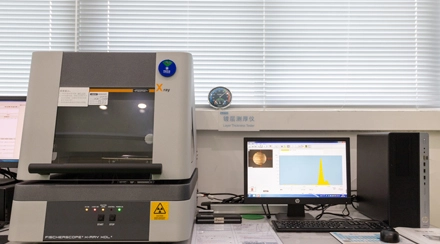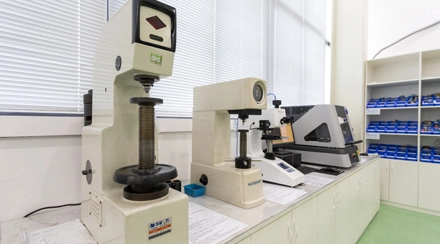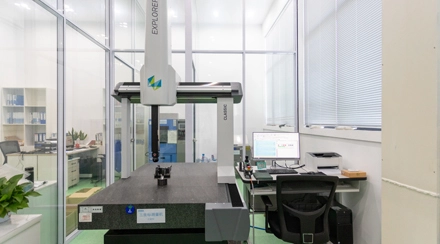Plastic products are made from a mixture of synthetic resins and various additives, using injection, extrusion, pressing, pouring and other methods. Plastic products are molded while acquiring final properties, so molding of plastics is a key process in production. BulkTEK specializes in advanced plastic processing and rubber processing services.As a leading Plastic/Rubber Processing comapny and factory, we ensure high-quality results. We offer comprehensive rubber processing services tailored to your needs.
Most plastics are lightweight, chemically stable, will not rust, and have good impact resistance. Have good transparency and wear resistance, good insulation, low thermal conductivity. General molding, good coloring, low processing costs.
Plastic parts have a wide range of applications in automobile manufacturing, including bodywork, seats, air intake pipes, air conditioning systems, instrument panels, door handles, steering wheels, chassis, tailpipes, and so on.
The environmental challenges posed by the production of natural and synthetic rubber demonstrate the need for comprehensive strategies and innovations to mitigate their impact. By adopting more sustainable practices and technologies, the rubber industry can reduce its ecological footprint and move towards a more sustainable future.
One of the most direct ways to improve the sustainability of natural rubber is to encourage better practices within rubber plantations. Sustainable agricultural methods such as agroforestry can integrate rubber trees with other types of vegetation to enhance biodiversity and improve soil quality. This will also help reduce dependence on harmful pesticides and fertilizers. Stewardship programs such as the Forest Stewardship Council (FSC) help promote these sustainable practices throughout the industry by providing certification to rubber plantations that adhere to these environmental and social responsibility standards.
For synthetic rubber, sustainability means reducing dependence on petroleum-based materials. Recent developments in the use of renewable resources (e.g., soybean oil, biomass, and even waste products from other industries) have helped produce a small number of bio-based rubber compounds. These products (e.g., eco-EPDM) have been successfully formulated to reduce the use of petroleum by-products by 30 to 50 percent compared to traditional EPDM rubber. These developments not only reduce dependence on non-renewable resources, but also reduce the carbon footprint associated with synthetic rubber production.
Recycling is another key factor in rubber sustainability. Products made from both natural and synthetic rubber can be recycled, albeit with varying degrees of complexity. Recycled rubber can be used in a variety of applications, from playground surfaces to new automotive parts and building materials. Enhancing this technology and rubber recycling infrastructure will significantly reduce waste and the need for new raw materials, [Learn more about 'plastics', 'engineering plastics', 'specialty plastics', 'modified plastics' and other industry knowledge, a large number of materials super physical properties table, super selection of cases, cost reduction and efficiency programs, welcome to the “plastic library network” can be solved! The industry has a strong regulatory framework and industry standards, which contribute to a circular economy.
Strong regulatory frameworks and industry standards are essential to promote and maintain sustainability in rubber production. Standards such as ISO 14001, which help organizations improve their environmental performance through more efficient use of resources and waste reduction, are important in achieving this goal. Certification that audits and verifies sustainable practices will also reassure consumers and stakeholders that the products they use or invest in are responsibly manufactured.


